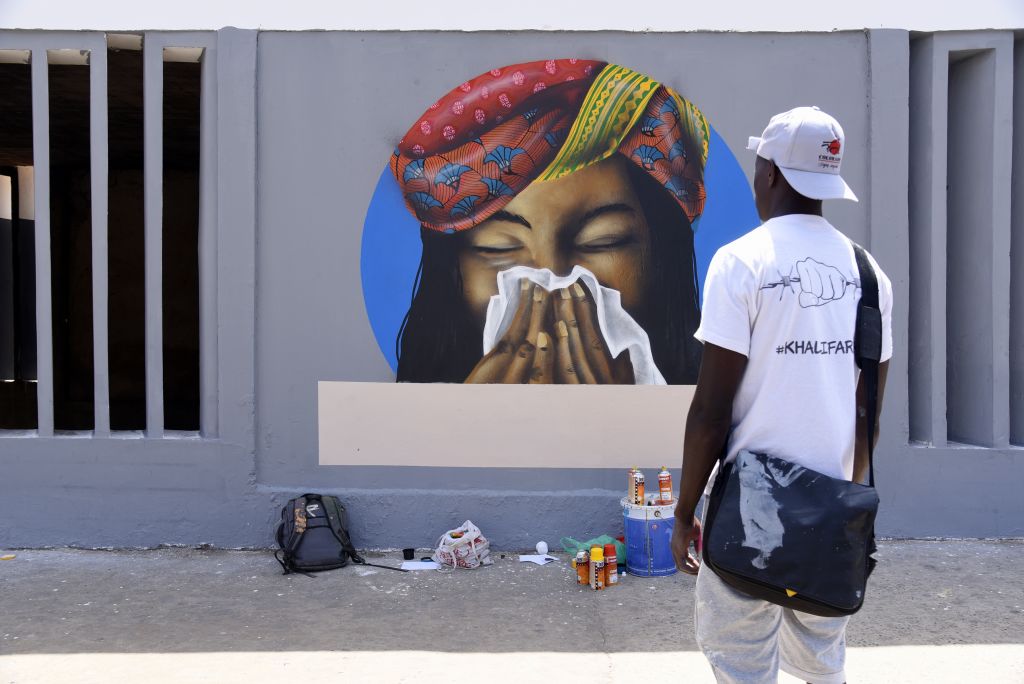Fatigue, Fainting Among Omicron’s Early Warning Signs
ADF STAFF
As COVID-19’s omicron subvariants persistently sicken people around the world, researchers have identified several common symptoms in young and middle-aged adults.
After a late November 2021 outbreak in Oslo, Norway, Eurosurveillance, an infectious disease and epidemiology journal, found that most of the infected people complained of a persistent cough, runny nose and sore throat.
But two other symptoms stood out as possible early warning signs related to omicron: fatigue and dizzy spells or fainting. Fatigue also can result in sore or weak muscles, headaches, blurred vision and loss of appetite.
The outbreak seemed to stem from a company party held in a private room at a restaurant. All attendees performed a rapid antigen self-test a day or two before the party, and the venue was open to the public after the party. None of the patients required hospitalization for two weeks after the party.
As of July, omicron’s BA.5 subvariant accounted for more than half of global cases, according to the World Health Organization (WHO).
South Africa, Morocco, Tunisia, Ethiopia and Libya had the continent’s highest infection rates, according to an August 2022 study by Mizan-Tepi University in Ethiopia.
That month, the WHO Regional Committee for Africa met in Togo to update the continent’s health agenda. About 30 health ministers from the region joined the conference in person — the first time that has happened since the pandemic began — while others participated virtually.
“Indeed, the pandemic has been a wake-up call for the African region of the need to build resilient health systems that have the capacity to deliver quality, uninterrupted routine health care to our people, while coping with health emergencies,” Dr. Matshidiso Moeti, the organization’s regional director for Africa, said in an opening statement.
During the conference health ministers adopted an eight-year strategy to strengthen health security and emergency responses on the continent.
Under the strategy, 80% of African region countries should secure sustainable health security financing and establish health districts with functional service delivery and quality improvement programs by 2030. Moeti added that 90% of African nations should have the capacity to mobilize an effective response to health emergencies within 24 hours of detection.
“To realize these goals, member states have agreed to commit the necessary political will, and to provide the requisite technical leadership, while mobilizing adequate human and logistical resources,” Moeti said.


Comments are closed.